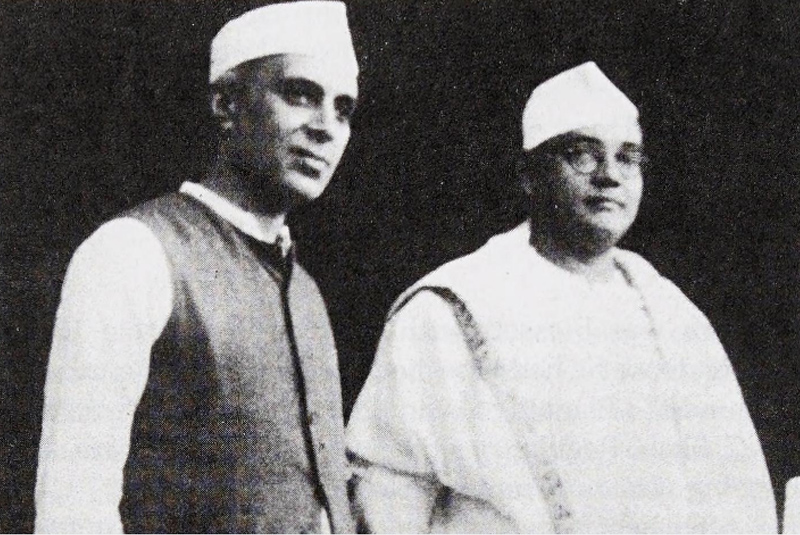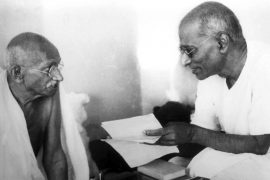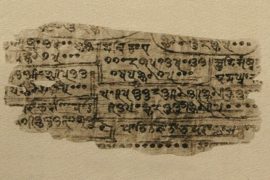The past is recorded from the clarity of the rearview mirror, but the present hurtles at us through a foggy windshield. It comes as little surprise, therefore, that two of the driving forces of India’s freedom struggle – Jawaharlal Nehru and Subhas Chandra Bose – have been ensconced in very different vehicles of public memory, even though so much of what steered their lives, as they unfolded in the decisive decades of the 1930s and’40s, was the common, fervent thrust generated by the levers of independence.
Today, it is easy to see Nehru and Bose as mutually irreconcilable forces in the nationalist movement, partly because the insidious narrative that the two were staunch rivals, has gradually entrenched itself upon large sections of India’s imagination.
Nehru, notwithstanding the BJP’s revulsion towards him, is frequently remembered as a champion of democracy and pluralism, as the chief architect of India’s political framework. Bose, on the other hand, is hailed as the selfless revolutionary who masterminded a crucial assault upon the British empire, before allegedly meeting his death in a tragic accident.
Neither of these impressions strays far from the truth, but in fostering them there has emerged a peculiar antagonism between the two. Peculiar because in accepting these impressions, we seem to have somewhere assumed that these legacies were forged in spite of each other, not because of them.
Copyright©Madras Courier, All Rights Reserved. You may share using our article tools. Please don't cut articles from madrascourier.com and redistribute by email, post to the web, mobile phone or social media.Please send in your feed back and comments to [email protected]











